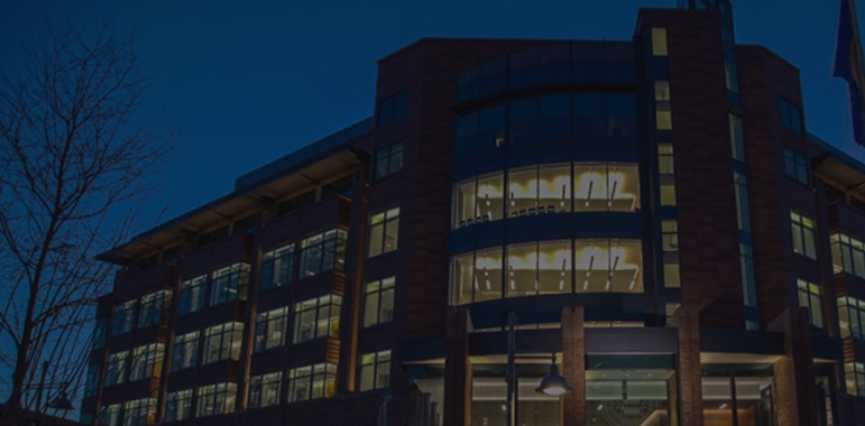
When the police accuse a minor of committing a crime, the case goes to a juvenile court system. There are several reasons for processing cases against minors in juvenile court instead of adult court including an increased emphasis on rehabilitation. Our criminal defense attorney team explains what happens when cases go to juvenile or adult court.
What is the age for juvenile court in Pennsylvania?
The age for juvenile court in Pennsylvania is 18. When the alleged offense occurs before the minor’s 18th birthday, the court typically processes the matter in the juvenile system. If the person accused is over the age of 18, the case goes to adult court. For serious felony offenses, a minor may still be tried as an adult with the potential consequences that are available in all adult cases.
Juvenile and adult court in Pennsylvania
Juvenile court is different than adult court in many respects. There are more opportunities for diversion and probation programs in youth court than are typically available in adult court. It may be possible for the youth offender to receive a consent diversion program. It’s kind of like probation, but it occurs before a hearing on the merits of the case. A minor may have the opportunity to avoid a criminal conviction by participating in a consent decree.
Parents may participate in a juvenile court proceeding. In fact, parents are encouraged to have input and give the court any insights into the child’s history and needs that may be helpful. A juvenile has a right to a hearing on the merits of the charges like an adult does in adult court. A criminal defense attorney can help the minor understand if having a trial on the merits is the best course of action.
Juvenile cases tried in adult court
A juvenile cases may be tried in adult court depending on the age of the offender and the type of crime. If a child is 14 years of age or older, the state may bring felony charges in adult court. In that case, the court must find that it is in the public interest to transfer the case. There are factors to consider including the minor’s disposition to participate in treatment and the potential for rehabilitation.
If the charges are felony level and also involve the use of a deadly weapon, the law presumes that it’s in the best interests of the public to waive the case to adult court. There is also a presumption in cases where someone 15-17 years old stands accused of a serious, violent crime like rape or assault.
Criminal defense attorney for juvenile crimes
When a minor faces a criminal charge, responding in an appropriate way is important for the future. A minor has important rights when there are criminal charges against them. They may face serious consequences. However, they have the right to the assistance of a criminal defense attorney for juvenile offenses. Their attorney can assist them with gathering evidence, preparing a defense and choosing the best course of action to resolve the case given all the circumstances.


